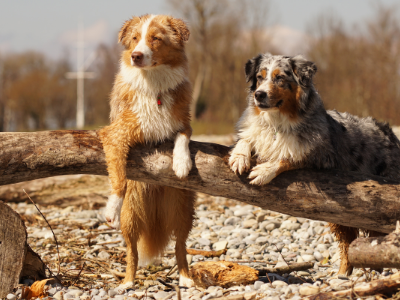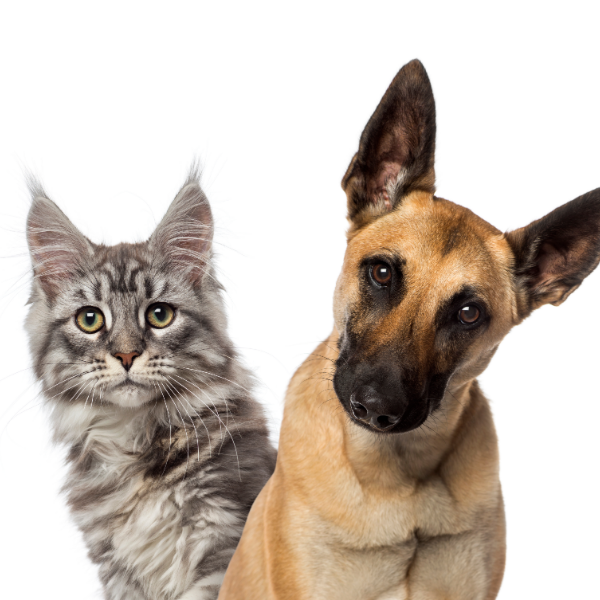The "C" Word: 4 Ways to Help Prevent a Cancer Diagnosis
Written on Wednesday, July 5th, 2017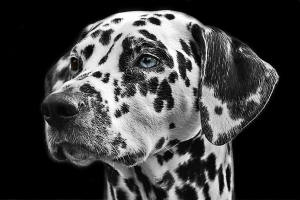
Sadly, we all know or have known a human or pet with cancer. It is estimated by research published in The Veterinary Journal in 2016 that 1 in 3 dogs will develop cancer. Dr. Ekstein wrote in an article published on WebMD that it's the leading cause of death in cats over the age of 10.
Cancer is a genetic miscommunication during the growth of new cells whereby uncontrolled tumor or overgrowth of abnormal cells is created. These overgrowths can be benign or malignant and can affect numerous parts of the body. Cancer happens for a variety of reasons including genetic predisposition, environmental factors, diet, stress levels, and more.
Kidney Disease: Does Your Pet Really Have It?
Written on Monday, May 8th, 2017
Kidney and urinary tract diseases are prevalent among companion animals. There are a number of contributing factors and diet plays a major role. How does diet affect the diagnosis of kidney dysfunction? And the prognosis for your pet?
There are some things you need to know first! It matters whether you feed commercial pet food or raw food. Why? Because the two types of feeding create two different scenarios if we examine it in clinical terms, mainly through blood work and clinical symptoms.
Feline Diabetes: Part 2
Written on Thursday, December 15th, 2016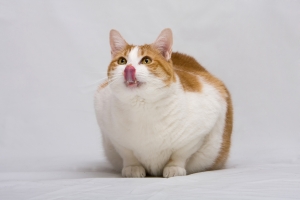
Last week, we talked about feline diabetes, what it is and what can cause it. Now, let's take a brief look at what you can do to prevent and manage this common cat disease!
Tips for preventing feline diabetes:
-
Ditch the kibble. We know it’s convenient but it's not going to do you or your cat any favors. The more glucose that is produced in the body, the higher the risk of obesity and diabetes.
-
Raw diet! A meat diet is naturally high in protein which is the most important source of energy for obligate carnivores like cats. A high protein, low carbohydrate diet will help maintain a healthy metabolic rhythm for your cat for his lifetime. Protein helps to maintain blood sugar better than fat or carbohydrate. The best insurance you could ask for!
-
Exercise. So important! Your cat’s metabolic function will often directly correlate with your cat’s exercise regime and diet. Be sure to provide playtime for your indoor cat for extra exercise.
Feline Diabetes: Part 1
Written on Thursday, December 15th, 2016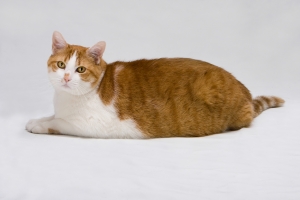
Has your cat been diagnosed with diabetes? Not exactly fun! So what now? Here's what you need to know:
Feline diabetes (Mellitus) is a disease characterized by a cat's inability to either produce adequate insulin or use insulin properly to stabilize its blood sugar levels. Common symptoms of feline diabetes are increased urination, increased thirst, overweight, and lethargy.

